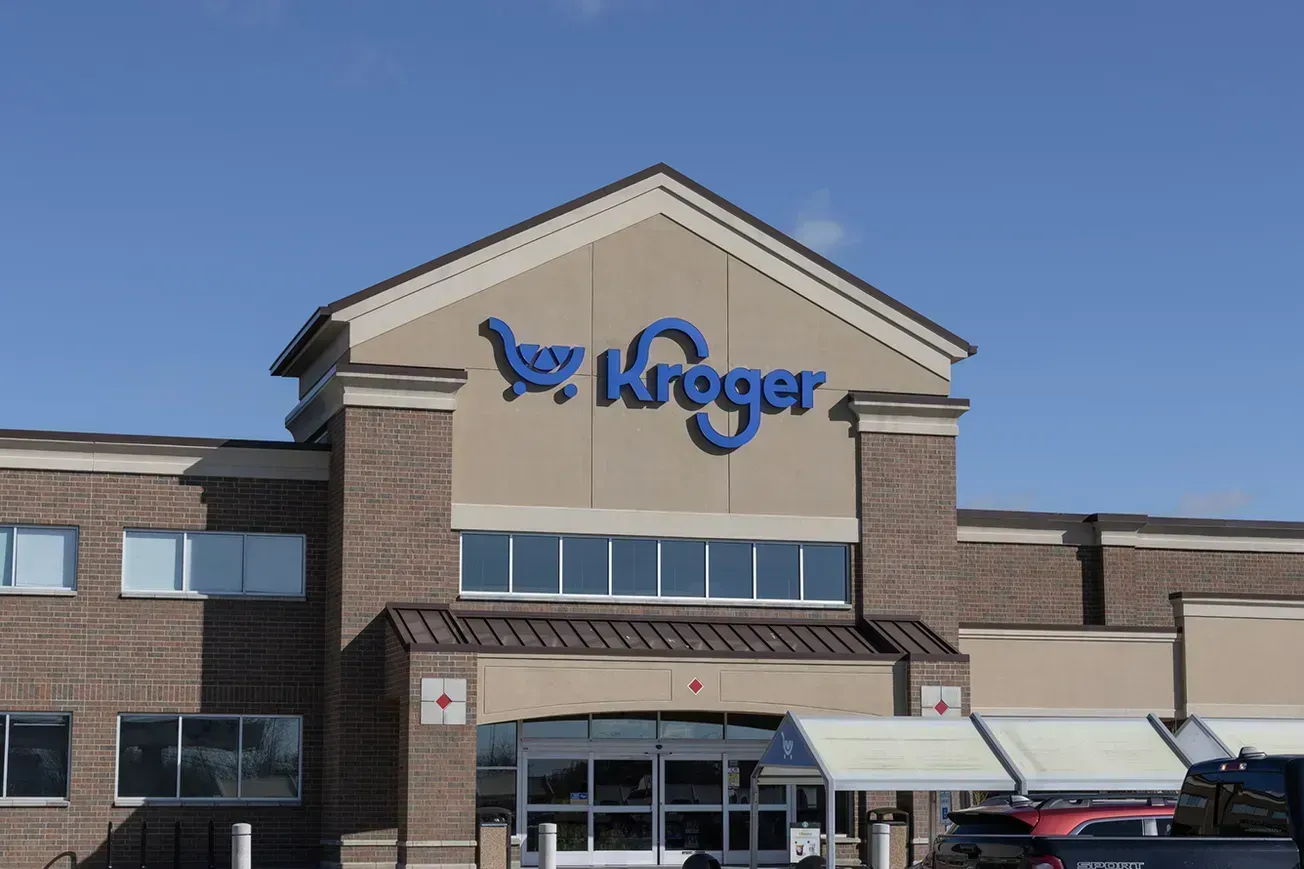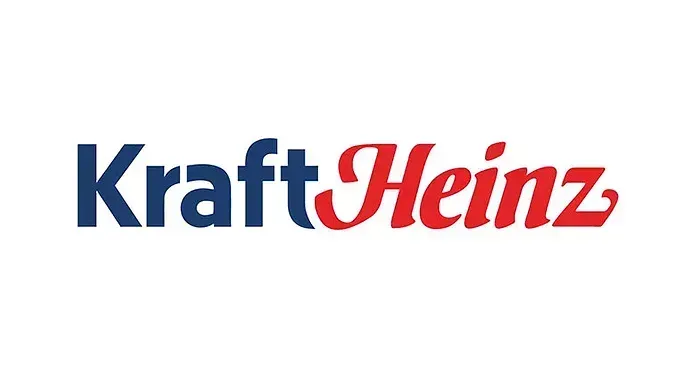BENTONVILLE, Ark. — Over the last several years Judith McKenna has led a restructure of Walmart’s international portfolio, divesting businesses in Argentina, Brazil, Japan and the United Kingdom between 2018 and 2021, allowing the business to invest in high-growth markets. Now, Walmart International is poised to generate long-term sustainable growth for the company.
 McKenna was promoted to her present position as president and chief executive officer of Walmart International in 2018, after serving as chief operating officer for Walmart U.S. between 2015 and 2018. She initially joined the International division in 2013 as executive vice president of international strategy and business development after an impressive 17-year career at Asda Stores Ltd. in the United Kingdom, which Walmart had acquired in 1999.
McKenna was promoted to her present position as president and chief executive officer of Walmart International in 2018, after serving as chief operating officer for Walmart U.S. between 2015 and 2018. She initially joined the International division in 2013 as executive vice president of international strategy and business development after an impressive 17-year career at Asda Stores Ltd. in the United Kingdom, which Walmart had acquired in 1999.
The restructuring of the international footprint reduced its sales by roughly $40 billion. But to conclude that those moves represented lowered global ambitions could not be more wrong.
“We have a path to grow to approximately $200 billion in GMV (gross merchandise value) over the next five years and at the same time we will more than double our profits,” McKenna told analysts during Walmart’s investment community meeting in April. “We also expect digital penetration to more than double in that time frame.”
Walmart International now operates seven businesses across 19 countries on four continents, providing access to 40% of the world’s population outside the United States and, importantly, to more than half of global GDP (gross domestic product) growth outside the U.S. over the next 10 years. The division fields 5,200 stores and operates e-commerce platforms in every market.

Judith McKenna
“Today we already have 21% of sales digitally, and we will more than double that number over the next five years,” McKenna said. “In fact, our China business is almost 50:50 already. This omnichannel breadth gives us unparalleled access to customers across generations and income levels.”
In explaining the rationale for the reshaping of Walmart’s international division, McKenna said it was clear that all of its businesses needed to become digital and omnichannel, which would require investment. Consequently, management decided to focus its resources and talent on the operations that showed the highest long-term potential for growth and returns on investment, including in markets like India.
Additionally, though, the international segment contributes in a major way to the global leverage that Walmart has created in recent years; leverage that manifests itself in such areas as technology, talent, knowledge transfer and services, such as sourcing. According to McKenna, Walmart has recently begun to restructure its sourcing operations to create a single organization that can better serve all of Walmart’s global businesses, although Walmart U.S. is understandably its biggest customer.
The scale of the sourcing organization, McKenna explained, is equivalent to a top-five global consumer packaged goods company, collaboratively sourcing more than 300,000 unique products across a wide range of categories.
“We have developed a blueprint for how to successfully run an international retailer,” McKenna said. “Our businesses are relevant to the customers and communities they serve, but they have common foundations — they have what makes Walmart Walmart — and they have the huge benefit of global leverage. This approach and our results to date give us the confidence that we will achieve our compelling financial ambitions.”





